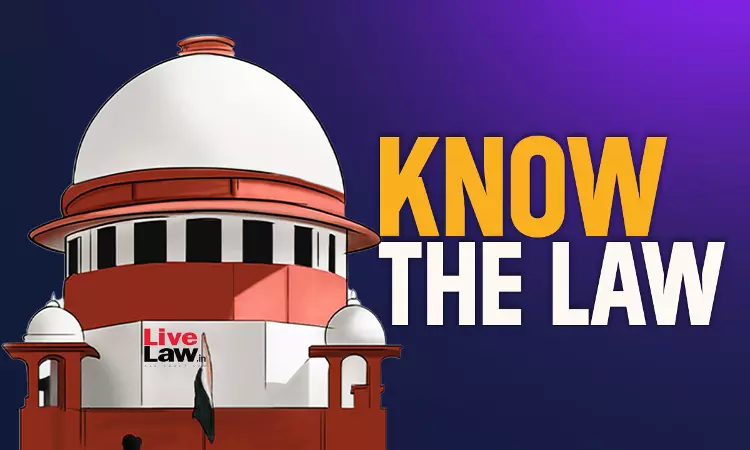In a recent judgment, the Supreme Court explained the circumstances under which a defendant gets the right to begin in a suit hearing as per Order XVIII Rule 1 of the Civil Procedure Code.As per the CPC, the plaintiff has the right to begin. However, if the defendant admits the facts alleged by the plaintiff and argues that plaintiff is no entitled to relief due to certain additional fact or...

